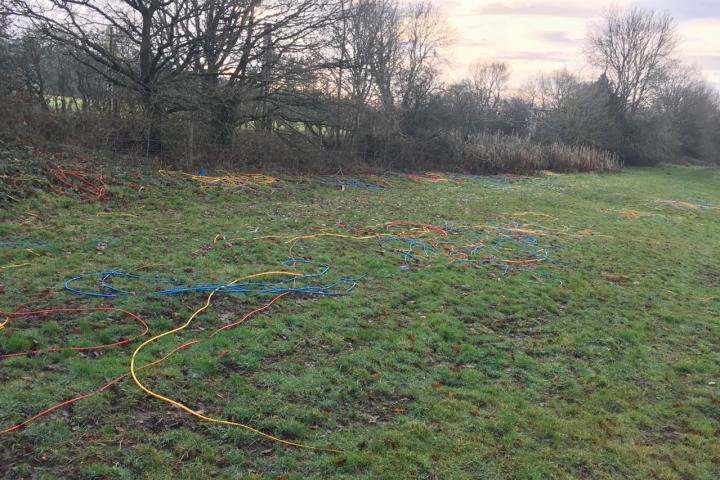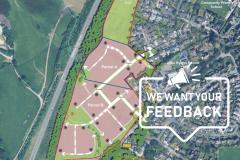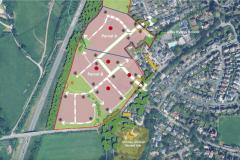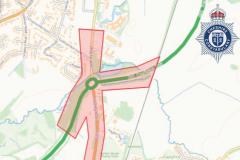
Metal thieves have disrupted the journeys of key workers during coronavirus pandemic after ripping out hundreds of metres of railway signalling cable.
This has jeopardised journeys for key workers like doctors and nurses, as well as disrupting freight trains carrying thousands of tonnes of food and products to supermarkets across the country.
Several locations in Network Rail's North West region have been targeted by callous thieves taking advantage of the corona pandemic to carry out their crimes.
Engineers worked throughout the night on Saturday, 28th March, to replace 300 metres of cabling ripped out of the signalling system between Alderley Edge and Crewe in Cheshire. This stretch of railway has been targeted 28 times in the last 12 months.
These complex repairs require railway workers to work side by side, making it impossible for them to be two metres apart and practice safe social distancing during the Covid-19 pandemic.
Andrea Graham, special project manager for route crime at Network Rail, said: "At a time of national crisis, it's despicable that criminals are targeting the railway which is vital to keep people and goods moving. Network Rail is working around the clock to keep services running smoothly so key workers can keep food on the shelves, police the streets, keep essential utilities running, and get staff to and from hospitals to treat the seriously ill.
"The fact we have to then repair reckless damage caused by criminals trying to profit from the pandemic - putting our staff at risk from having to work so closely together, really beggars' belief. We condemn these thefts and will use the full force of the law to come down hard on those responsible.
"Trespassing on the railway is incredibly dangerous, as well as illegal. Thieves are not just risking a criminal record when they come onto the railway to commit crimes but risking their lives too."
Organised criminal gangs are increasingly targeting metal used in infrastructure and exploiting high metal prices.
Latest figures reveal more than 400 incidents of metal theft on the railway between London Euston and Carlisle in the 12 months to January 2020.
This caused significant delays to passengers and cost the taxpayer an estimated £1.4m in Network Rail's North West & Central Region.
Thieves are being warned that police have sophisticated ways to catch them – with metal marked with a variety of trackable tags.
British Transport Police Chief inspector, Gary Jones, said: "In these challenging and unprecedented times acts like this are appalling, particularly as the rail network plays an important role in helping people make essential journeys to support the national effort. It also plays a critical role in the distribution of essential supplies around the UK. Everyone else should be staying at home to stop the spread of the virus, which helps saves lives.
"Offending to illegally obtain money by disrupting vital transport links shows a real disregard for the efforts of those who continue to work on the frontline, fighting this pandemic. It also puts lives at risk which could place further demand on the already stretched emergency services. Be assured that anyone who steals from the railway will face the strongest possible action."
Anyone witnessing suspicious behaviour on or around the railway should report it to British Transport Police by calling 0800 40 50 40 or texting 61016.









Comments
Here's what readers have had to say so far. Why not add your thoughts below.
State of the art signalling, such as that used on high speed lines, is in-cab with no lineside signals which not only eliminates the need for signalling cable (communication is by secure radio link), it increases the capacity of the railway. Network Rail were supposed to have provided that in the major West Coast Line upgrade of the late 1990s but failed to do so, limiting Virgin's then-new Pendolinos to 125mph max instead of exploiting their 140mph capability.
Maybe one day our railways will be equipped with in-cab signalling. But I expect if that happens the low-lifes would just move on to other theft opportunities.